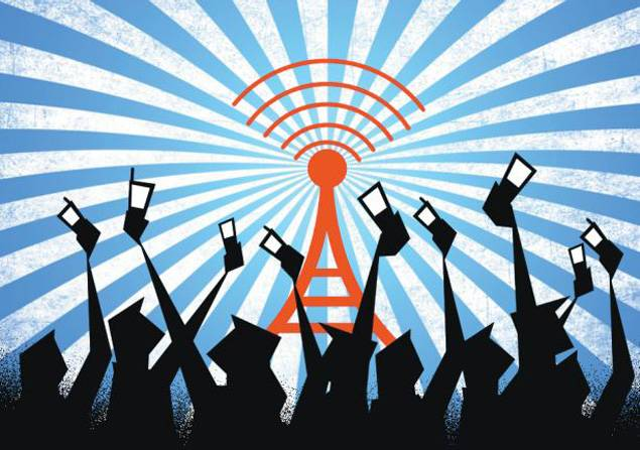How Internet Connectivity Improves People’s Lives in Developing Countries
Internet connectivity can help to improve access to information, opportunities, and services, and can contribute to the overall well-being and development of communities in developing countries, including:
- Education: Internet connectivity can provide access to a wealth of educational resources, including online courses, educational videos, and other materials. This can help to improve the quality of education and expand opportunities for learning, especially for people in remote or underserved areas.
- Employment: Internet connectivity can help people in developing countries to find and apply for jobs, as well as connect with potential employers and clients. It can also enable people to start and run their own businesses, providing a source of income and economic opportunities.
- Health: Internet connectivity can provide access to health information and resources, including telemedicine services, which can improve access to healthcare and lead to better health outcomes.
- Communication: Internet connectivity can help people to stay connected with friends and family, and to access news and information from around the world. It can also facilitate the exchange of ideas and facilitate collaboration with others.
- Political participation: Internet connectivity can provide a platform for people to engage in political discourse and participate in the democratic process, helping to promote transparency and accountability in governance.
Apply Now: $1,150,000 USAID Grant Funding for Digital Economy Solutions
To improve the lives of millions of low income and vulnerable people throughout the world, we need to support the development of open, inclusive, and secure digital...
Apply Now: $550,000 Internet Access Grants in Latin America and Caribbean
According to the United Nations, access to the Internet has become a fundamental aspect for the full exercise of our human rights. Internet access gives us information...
5 Mobile Technology Trends in Humanitarian Relief Activities
2020 was a year like no other. COVID-19 digital response heightened the global need for humanitarian assistance by exacerbating existing crises and creating new...
Status of Government Policy Progress on Internet Connectivity Prices
COVID-19 digital response has laid bare the scale and consequences of the digital divide and underlined the urgent need to find solutions to digital inequality.
Governments...
Apply Now: $5,000 Grants to Stop Internet Shutdowns in African Countries
Internet shutdowns are one of the most extreme and draconian censorship tactics that a government can use to control civil discourse. Internet access shutdowns...
Apply Now: $1,000,000 for African Online Safety Solutions from Google
Over 500 million people have access to the Internet on the African continent – 40% of the population. Over 250 million Africans use smartphones for going...
Apply Now: $20,000 Grant Funding for African Digital Rights
Digital technologies are playing a role in enhancing Covid-19 disease surveillance, coordinating response mechanisms, and promoting public awareness. However, COVID-19...
What Are User Perceptions of Internet Trust and Privacy in India and Ghana?
It’s been a hard couple of years for the internet. Between election interference via social media platforms, disinformation going viral and facilitating genocides,...
Apply Now: $150,000 Grants for Community Internet Services Solutions
There is still digital divide around the world, regardless of how many people have access to mobile phones, 3G wireless coverage, or community telecenters. As the...
Meaningful Connectivity: A New Standard for Internet Access
The Covid-19 pandemic has galvanised the case for universal internet access like never before, generating widespread agreement that the internet is too important...












